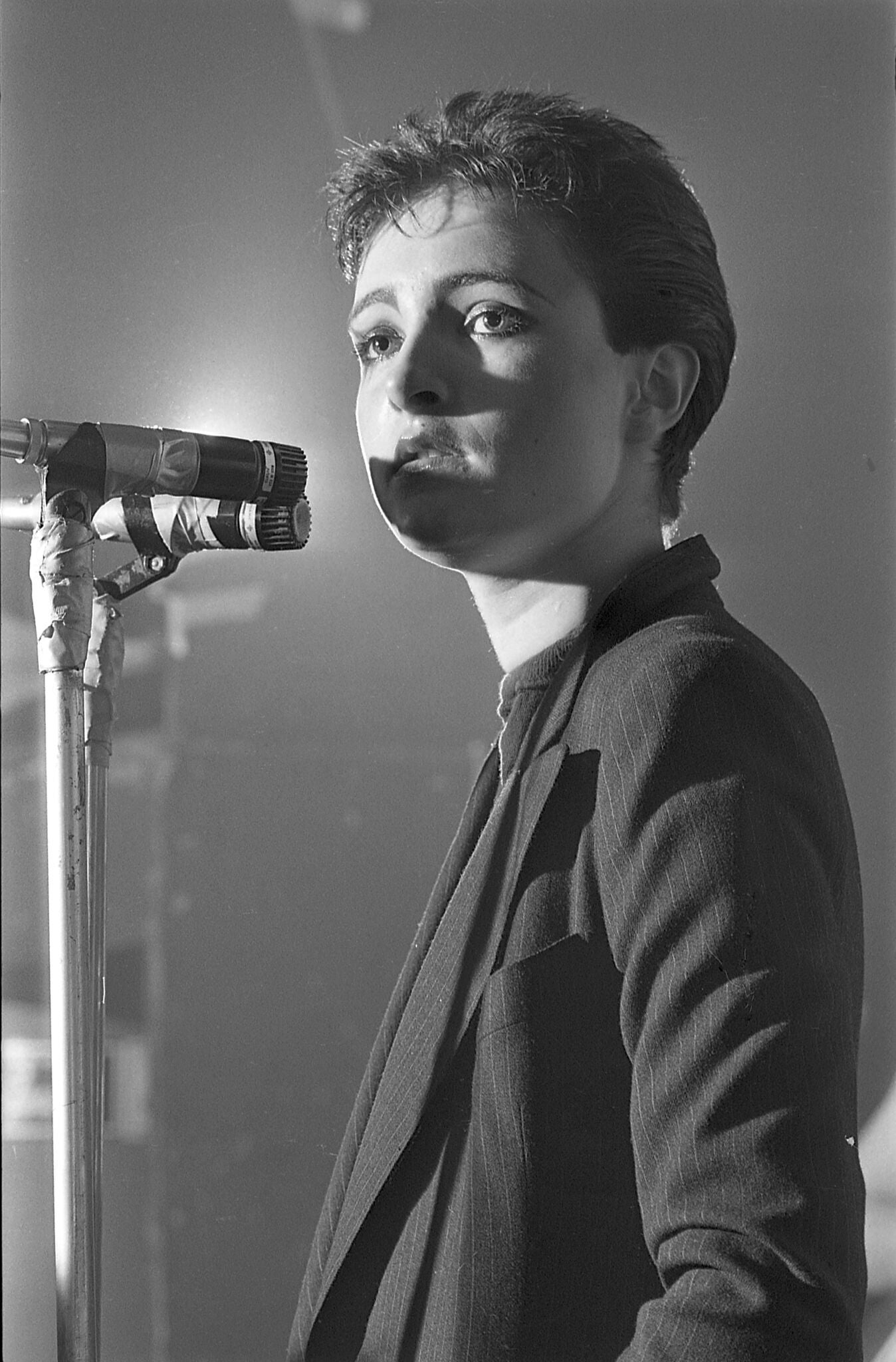The 100 Club stories: New book documents 75-year history of one of the UK's most iconic music venues
Legendary venue has played an important part in history

Your support helps us to tell the story
From reproductive rights to climate change to Big Tech, The Independent is on the ground when the story is developing. Whether it's investigating the financials of Elon Musk's pro-Trump PAC or producing our latest documentary, 'The A Word', which shines a light on the American women fighting for reproductive rights, we know how important it is to parse out the facts from the messaging.
At such a critical moment in US history, we need reporters on the ground. Your donation allows us to keep sending journalists to speak to both sides of the story.
The Independent is trusted by Americans across the entire political spectrum. And unlike many other quality news outlets, we choose not to lock Americans out of our reporting and analysis with paywalls. We believe quality journalism should be available to everyone, paid for by those who can afford it.
Your support makes all the difference.A new book on legendary music venue The 100 Club is being released this week to celebrate its 75-year history, via Ditto Publishing in collaboration with Fred Perry.
Containing anecdotes from the musicians who performed there, the bar staff, and the fans who attended the gigs, the book documents how punk grew from an idea into an entire subculture, as well as the role the venue played in historic moments such as the overthrow of apartheid.
Launched in 1942 as the Feldman Swing Club, the venue was frequented by GIs during the war, then by stars of the British and global jazz scene during the 1950s, including BB King and Muddy Waters.
However, it became famous - or infamous - in the 70s as a key spot for the punk scene, where it hosted the "100 Club Punk Special" which saw acts including the Sex Pistols, The Clash, The Damned and Siouxsie and the Banshees perform.
The '76 show was Siouxsie Sioux's - born Susan Dallion - first ever show, where she appeared in a slashed T-shirt, her sister's pinstripe jacket, and a black star painted over one eye.

After singing a 20-minute set which included a version of the Lord's Prayer recited over a wall of feedback, she threw the microphone down and walked of stage.
In one anecdote, Frank Williams recalls how the club became an "unofficial embassy and community centre" for South African artists.
"If you wanted to catch up on the news, you'd go to the 100 Club on a Friday," Williams explains. "It was mostly people from the ANC, a lot of people from the anti-apartheid movement. The future president of South Africa, Thabo Mbeki, used to come in on a Friday night, as did others like Azis Pahad, who later became the foreign minister.
"All these guys were really high powered, clever boys. The performers were a who's who of people in South African and British jazz. They weren't playing the American standards, it would be original stuff or traditional South African songs played in a jazz style. The music you'd hear there was very 'out there'; and this was moving into the early 80s, Thatcher's Britain, when people were coming out with synthesised music in the UK and all over the world...
Enjoy unlimited access to 100 million ad-free songs and podcasts with Amazon Music
Sign up now for a 4 month free trial (3 months for non-Prime members)
Enjoy unlimited access to 100 million ad-free songs and podcasts with Amazon Music
Sign up now for a 4 month free trial (3 months for non-Prime members)
"Unfortunately a lot of the people who used to go there died in exile and didn't get to return to their homeland - for instance Dudu, who died in 1990. I was 23 when I came here and these guys were a bit older; they'd been here since earlier in the 70s. A year or two ago, this guy who played a lot at the 100 Club, Lucky Ranku, developed cancer and was in a hospice.
"I wanted to do a benefit gig, so I rang Jeff and he said we could have the place for free; he'd pay for the security and the door staff and we could take the door earnings and give them to Lucky. Power to the Hortons and the 100 Club, and long may it continue."
Today, The 100 Club is still known as an important live music venue that has hosted recent, acclaimed new acts including British post-punk band Shame.
100 Club Stories is out on 21 June 2018 via Ditto Publishing
Join our commenting forum
Join thought-provoking conversations, follow other Independent readers and see their replies
Comments